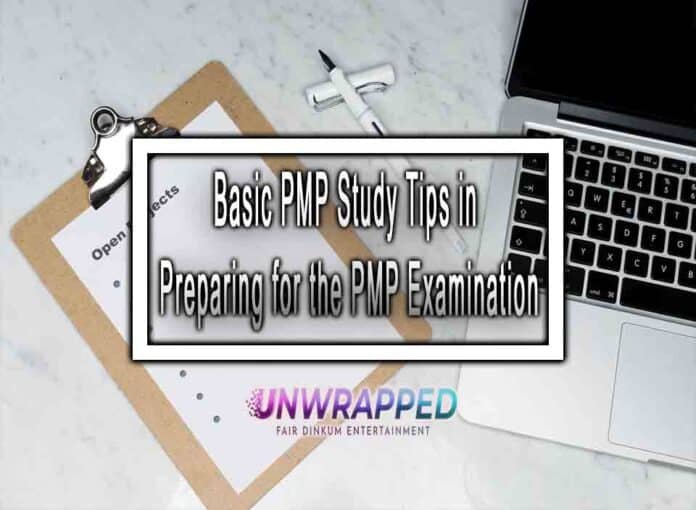Introduction
The Project Management Professional (PMP)® examination is one of the most popular professional certification exams available today. Tens of thousands of people take the exam every year in order to earn their PMP credential. As with any professional certification exam, preparing for the pmp exam questions 2022 can be a daunting task. In this blog post, we will provide some basic study tips to help you get started on your journey to becoming a PMP.
What is the PMP Examination?
Assuming you are referring to the PMP (Project Management Professional) examination, it is an industry-recognized certification for project managers. It demonstrates that you have the experience and knowledge to lead and direct projects. The PMP credential is administered by the Project Management Institute (PMI).
To earn your PMP, you must first meet the eligibility requirements, which include completing a certain amount of professional project management experience and education hours. Once you have met these requirements, you can then register for the exam.
The PMP examination consists of 200 multiple-choice questions, divided into five sections:
– Initiating the project
– Planning the project
– Executing the project
– Monitoring and controlling the project
– Closing the project
You will have four hours to complete the exam, and you must achieve a passing score of at least 70% to earn your credential.
Who is Eligible to Take the Exam?
To be eligible to take the PMP Examination, an individual must:
- have a four-year degree (bachelor’s or the global equivalent);
- have at least three years of project management experience;
- have 4,500 hours leading and directing projects; and
- 35 hours of project management education.
There are different eligibility requirements if you do not have a four-year degree. You can find more information on the Project Management Institute website.
What are the Requirements for the Exam?
To be eligible to take the Project Management Professional (PMP) Exam, you must have either:
A four-year degree, with at least 3 years of project management experience, OR
A secondary degree with at least 5 years of project management experience
You must also complete 35 contact hours of formal project management education. These can be earned through a variety of means, such as attending workshops, taking classes, or completing a Project Management Professional (PMP) Exam prep course. Once you have met these requirements, you can apply to take the exam.
How to Study for the Exam
Assuming you have already read the PMBOK Guide and are now rereading it to take notes, here are a few tips on how to study for the exam:
- Read each chapter thoroughly and take detailed notes.
- Create a mind map or flow chart of the processes in each chapter to help you visualize and remember the information.
- Make practice questions from your notes and review them frequently.
- Take a full-length practice exam under timed conditions to see where you need improvement before your actual exam date.
PMP Study Tips
In order to ace the PMP examination, you need to be well-prepared. Here are some basic tips to help you study for the test:
- Know the format of the examination. The PMP test is comprised of multiple-choice questions. There are a total of 200 questions on the exam, but only 175 of them are counted towards your score. The remaining 25 questions are used for statistical purposes and do not affect your score.
- Familiarize yourself with the content areas that will be covered on the exam. The PMP examination covers five general content areas: project integration management, project scope management, project time management, project cost management, and project quality management. Make sure you understand each content area and know what topics will be covered on the exam.
- Use study aids to help you prepare for the exam. There are a number of excellent study aids available that can help you better understand the material that will be covered on the exam. These aids can include textbooks, course notes, practice exams, and online resources.
- Create a study schedule and stick to it. One of the best ways to ensure you are prepared for the exam is to create a study schedule and stick to it. Dedicate a certain amount of time each day or week to studying for the exam and make sure you follow through with your plan.
- Take practice exams under timed conditions. In order
Conclusion
So there you have it — some basic tips to help you study for the PMP exam. The key is to find a method that works for you and stick with it. Make sure to give yourself plenty of time to study so that you can go into the exam feeling confident and prepared. And last but not least, don’t forget to take a practice exam or two before the big day! you could try pmp exam here.











